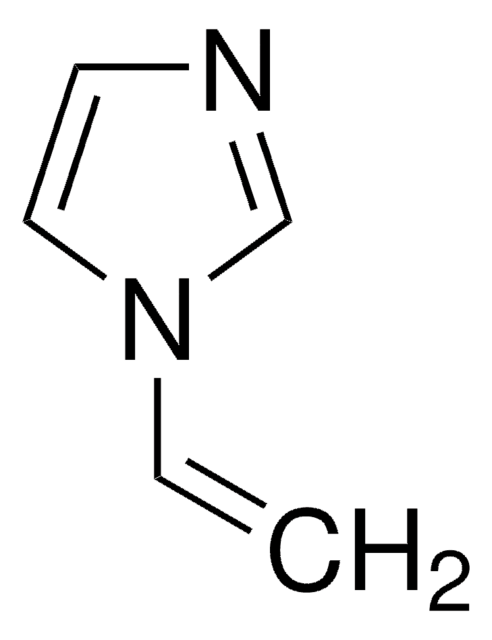96566
1-Propanol
analytical standard
Synonym(s):
Propyl alcohol
About This Item
Recommended Products
grade
analytical standard
Quality Level
vapor density
2.1 (vs air)
vapor pressure
10 mmHg ( 147 °C)
14.9 mmHg ( 20 °C)
Assay
≥99.9% (GC)
autoignition temp.
700 °F
shelf life
limited shelf life, expiry date on the label
expl. lim.
13.7 %
technique(s)
HPLC: suitable
gas chromatography (GC): suitable
refractive index
n20/D 1.384 (lit.)
n20/D 1.385
bp
97 °C (lit.)
mp
−127 °C (lit.)
density
0.804 g/mL at 25 °C (lit.)
application(s)
cleaning products
cosmetics
environmental
flavors and fragrances
food and beverages
personal care
format
neat
SMILES string
CCCO
InChI
1S/C3H8O/c1-2-3-4/h4H,2-3H2,1H3
InChI key
BDERNNFJNOPAEC-UHFFFAOYSA-N
Looking for similar products? Visit Product Comparison Guide
General description
Application
- Determination of acetaldehyde, methanol, and higher alcohols in different liquor samples by headspace gas chromatography (HS-GC) method coupled with flame ionization detector (FID)
- Identification of major odorants in chixiang aroma-type liquor using gas chromatography-olfactometry and further determination of the alcoholic odorants by GC-FID
- Analysis of 56 illegal alcohol samples to detect the presence of methanol and its derivatives gas chromatography-mass spectrometry (GC-MS)
- Detection and quantification of volatile organic compounds (VOCs) in 75 liquor samples by gas chromatography combined with mass spectrometry (GC-MS)
- Qualitative and quantitative analysis of 10 volatile organic compounds from different chemical classes in potable whey-based spirits during different stages of distillation
Other Notes
Signal Word
Danger
Hazard Statements
Precautionary Statements
Hazard Classifications
Eye Dam. 1 - Flam. Liq. 2 - STOT SE 3
Target Organs
Central nervous system
Storage Class Code
3 - Flammable liquids
WGK
WGK 1
Flash Point(F)
71.6 °F - closed cup
Flash Point(C)
22 °C - closed cup
Personal Protective Equipment
Choose from one of the most recent versions:
Already Own This Product?
Find documentation for the products that you have recently purchased in the Document Library.
Customers Also Viewed
Articles
The Utility of Headspace Grade Solvents for the Analysis of Organic Volatile Impurities
Butyl methyl ether; Acetic acid; 2-Butanone; Ethyl acetate; Tetrahydrofuran; 1-Butanol; Isopropyl acetate; Heptane; Propyl acetate; 3-Methylbutanol; 4-Methyl-2-pentanone; Isobutyl acetate; Butyl acetate; Dimethyl sulfoxide; Anisole; Cumene
Protocols
-Butanol; 2-Methyl-2-butanol; 2-Methyl-1-butanol; 3-Pentanol; 1-Butanol; 2-Methyl-1-propanol; 2-Pentanol, 98%; 3-Methyl-1-butanol; 1-Propanol
Separation of Acetone; Acetic acid; Propionic acid; Ethyl butyrate; Ethanol; Isoamyl acetate; Isobutyric acid; 3-Methyl-2-butanol; Methyl acetate; 1-Propanol; Acetal, ≥98%, FG; 2-Methyl-1-pentanol; Butyl acetate; Ethyl propionate; 3-Pentanol; 2-Pentanol, 98%; Ethyl isobutyrate; Isobutyl acetate; Acetaldehyde; Furfural; Butyric acid; Methanol; Ethyl acetate
GC Analysis of Class 3 Residual Solvents on SUPELCOWAX® 10
Our team of scientists has experience in all areas of research including Life Science, Material Science, Chemical Synthesis, Chromatography, Analytical and many others.
Contact Technical Service









